US may use Ukraine conflict as pretext to deploy nukes in space, Russia warns
The US may try to use the persisting security crisis in Ukraine as a pretext to deploy armaments -- including nuclear weapons -- in space, Russia’s deputy UN envoy has warned.
“It is impossible to directly link the risks of the deployment of weapons in space to the [Russian] special military operation on the territory of Ukraine,” said Russian Deputy Representative to the United Nations Andrei Belousov on Friday in remarks to reporters on the sidelines of the Tenth Review Conference of the Parties of the Treaty on the Non-Proliferation of Nuclear Weapons as quoted in an RT report.
“However, the fact remains that the United States and its allies will use the Ukrainian playing card as an additional argument in favor of implementing their military plans not only on land, at sea and in the air, but also in space,” he then emphasized, insisting that the US-led bloc of countries will most likely use Russia’s special military operation in Ukraine “as a pretext for the faster practical implementation of these plans.”
Pointing to Washington’s refusal to discuss a legally binding means to prevent an arms race in outer space over the past decade-and-a-half, the senior Russian diplomat then noted that such fact “speaks for itself.”
“It means that they did not plan to take on any additional obligations from the very start which would set limits on their military space plans,” Belousov further underlined. “We may well assume that these plans include the possibility of the deployment of nuclear weapons in space.”
While addressing the NPT review conference on the eve of Saturday’s 77th anniversary of the US nuclear bombing of Hiroshima that massacred more than 150,000 people, Belousov also reiterated Russia’s commitment “to freeing the world from the threat posed by weapons of mass destruction, including nuclear weapons,” stressing that his country has reduced its strategic nuclear arsenal by 85 percent since the mid-1980s.
The diplomat also recalled that the Strategic Arms Reduction Treaty (New START) between Moscow and Washington was extended for five years in February 2021 at Moscow’s initiative, and that Russia and the US had agreed on an expanded dialogue on strategic stability.
“Its ultimate goal, as we saw it, was to develop a new ‘security equation’ that would take into account all factors of strategic stability and encompass both offensive and defensive nuclear and non-nuclear weapons capable of meeting strategic challenges,” he noted.
Russian ‘red lines’, NATO recklessness
“However, the positive achievements have not been implemented due to the US policy of achieving military superiority while completely ignoring Russia’s ‘red lines’ in the field of security. Washington used Russia’s rebuff to the attempts to put us in a vulnerable position as a pretext to ‘freeze’ the strategic dialogue,” Belousov then emphasized, warning that “in the absence of cooperation, strategic stability challenges and contradictions only accumulate and intensify.”
He further accused the US-led NATO military alliance of acting “irresponsibly” by admitting the possibility of the deployment of American nuclear weapons in Eastern Europe, and pointed to Russia’s concerns about the new AUKUS military alliance between Australia, the UK and the US and its implications for strategic stability.
The senior Russian diplomat also reiterated Moscow’s position that “a nuclear war cannot be won and must never be fought,” underlining that “in the current circumstances, it is more critical than ever that nuclear powers behave with restraint and responsibility.”
According to the report, Russia and China proposed a treaty aimed at preventing the militarization of outer space in 2008, which barred the use of space-based armaments, anti-satellite weapons, and other military systems. The US, however, dismissed the draft document as a “diplomatic ploy,” and thus no progress has been made under successive US administrations.
Russian officials, meanwhile, have continued to tout the proposed treaty over the years, with Foreign Minister Sergei Lavrov declaring as recently as 2021 that there was still a chance to work out “generally accepted, legally binding measures which can prevent a military confrontation in outer space” using the Russian-Chinese draft treaty as a first step.
Washington, however, has rejected the proposed treaty and a series of UN resolutions proposed in 2020 on outer space security. In 2019, the Trump administration established a new branch of the military called Space Force. The Biden administration has also expressed “full support” for the new fighting force, claiming that its objectives will include “combating climate change.”
Space Force currently has a budget of $18.2 billion (and a requested 2023 budget of $24.4 billion), 8,400 personnel and 77 spacecraft, including the US Global Positioning System constellation, military communications satellites, the US missile early warning system, and the Boeing X-37B space plane.
Israeli tank fires on Lebanese army during joint UN mission in south Lebanon: Report
Iran certain to deliver decisive response to Trump’s threats: Senior commander
Netanyahu skipped Davos amid arrest fears: Reports
VIDEO | West’s support for terror in Iran
VIDEO | Press TV's news headlines
More Europeans see Trump as 'enemy' than 'friend': Survey
Ukraine war talks begin in UAE as Russia repeats Donbas demand
Iran slams UNHRC session as illegitimate, says no submission to foreign pressure


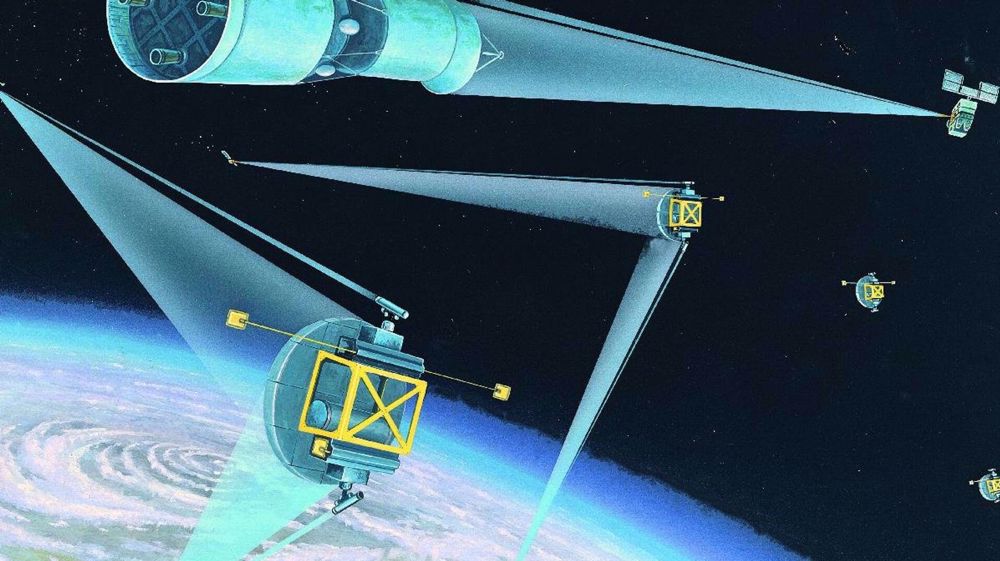
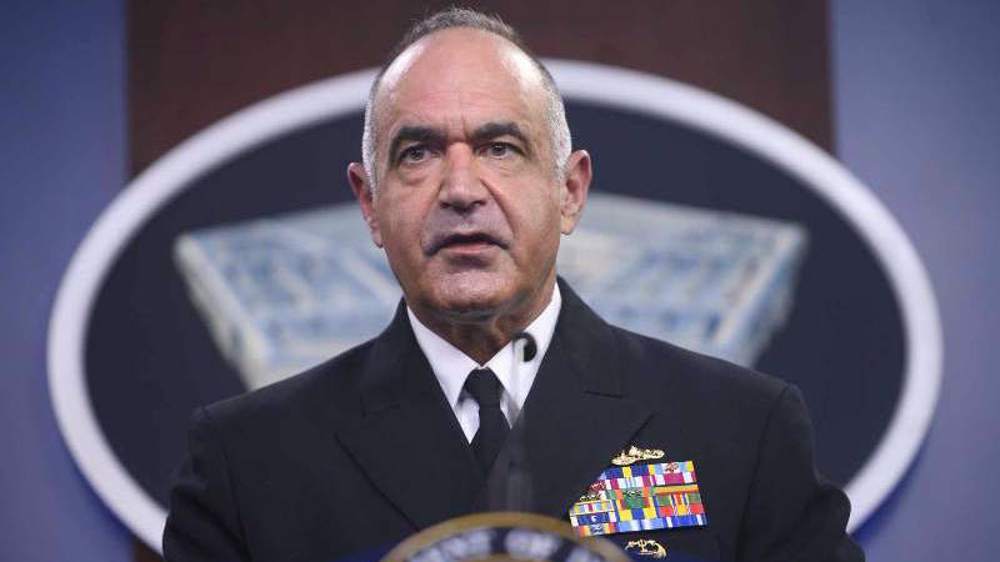
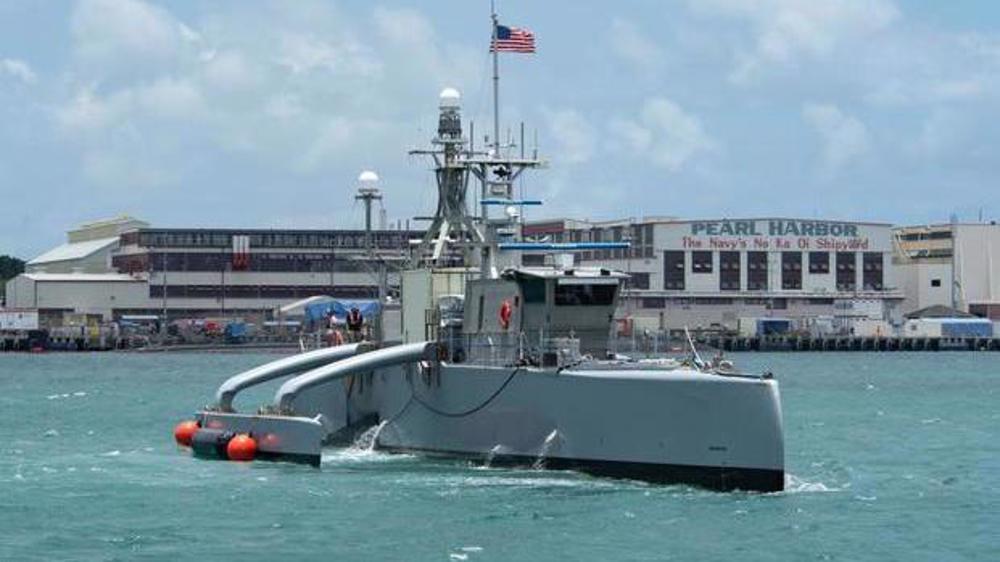
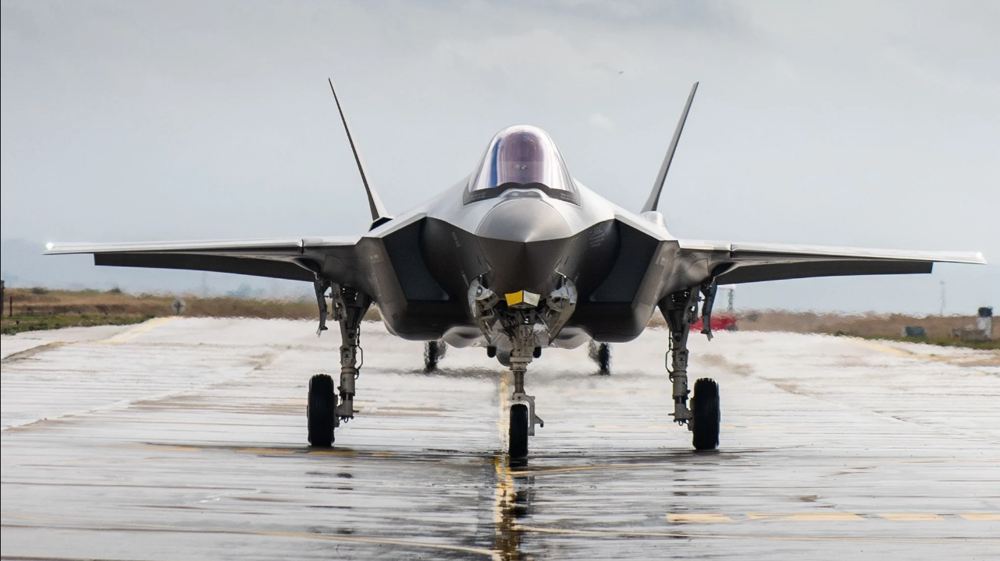
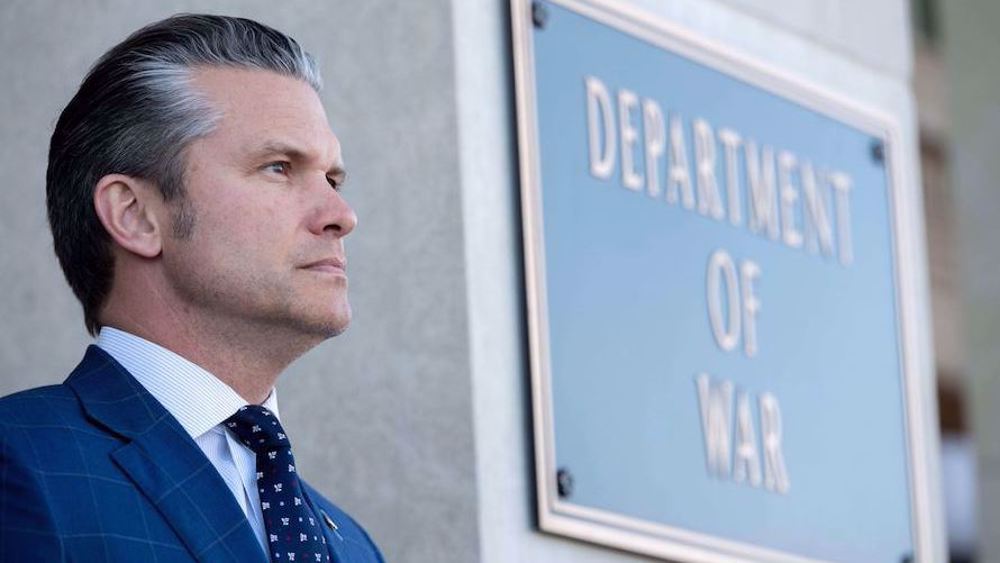
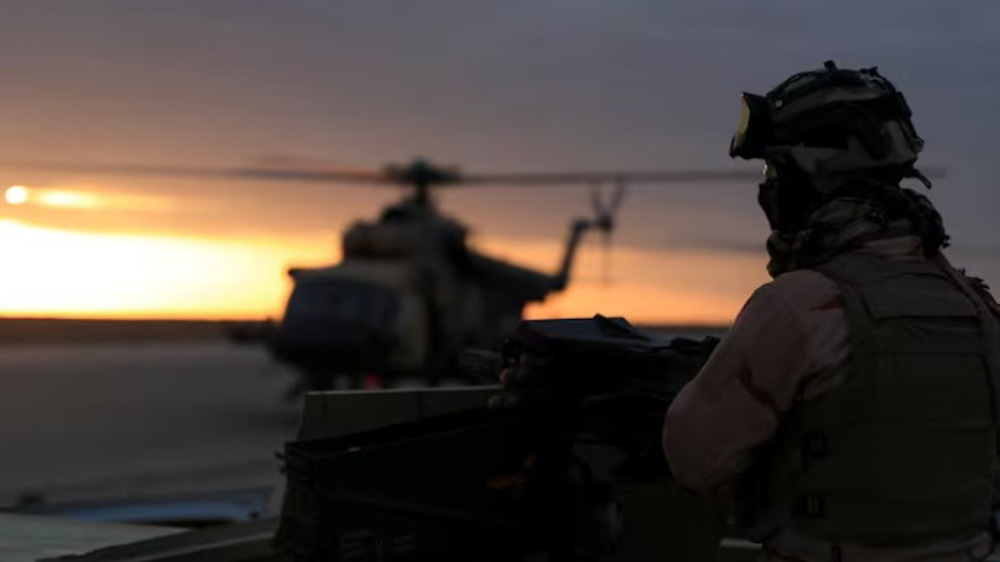





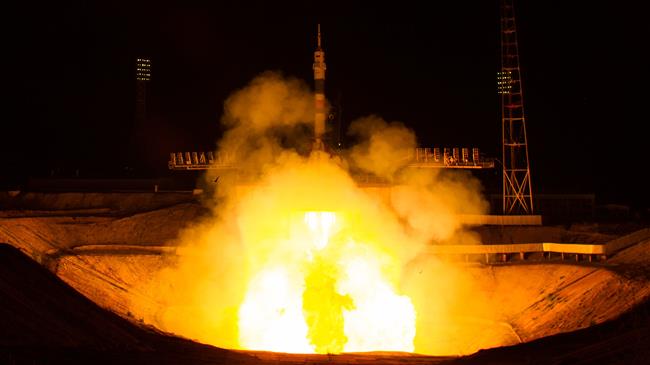

 This makes it easy to access the Press TV website
This makes it easy to access the Press TV website